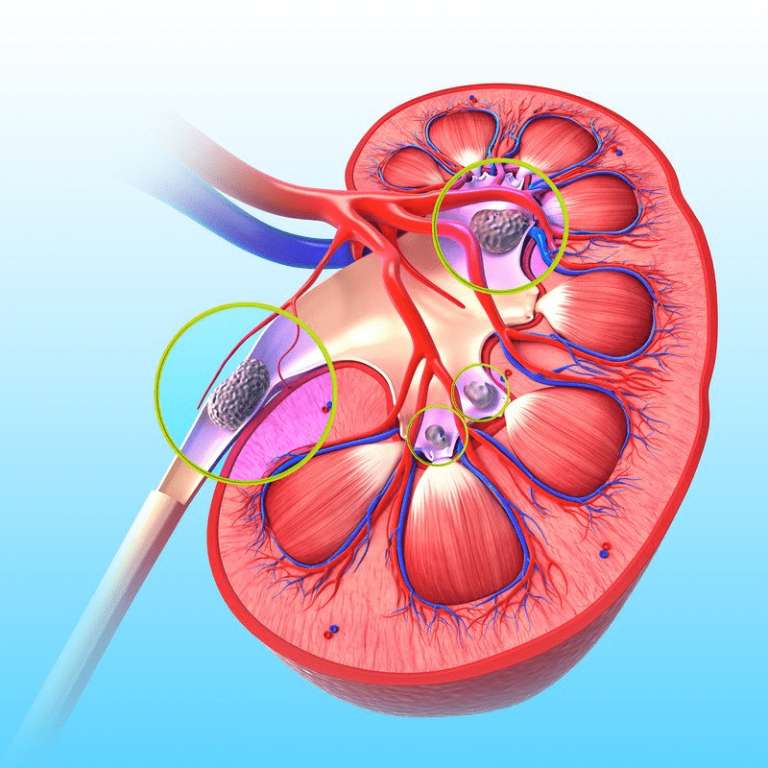One Patient, Too Many Specialists
The past half-century has seen many changes in our healthcare system, mainly because of dramatic advances in technology, together with the development of a vast array of new drugs. Over this period there has been an equally dramatic rise in the number of medical specialists. A recent article by a doctor writing in ‘Time’ magazine points out that whereas in 1940 75% of America’s doctors were GPs, by 1970 the tables had completely turned and this had reduced to 25%, while the remaining 75% had become specialists. Over the same period the cost of healthcare had multiplied 25-fold. This trend has shown no signs of slowing down.
In the same article the author gives a typical example from his own experience of a 50-year-old man who was admitted to hospital because of shortness of breath. He was seen by a haematologist, an endocrinologist, a kidney specialist, a podiatrist, two cardiologists, a cardiac electrophysiologist, an infectious disease specialist, a pulmonologist, an ENT specialist, a urologist, a gastroenterologist, a neurologist, a nutritionist, a general surgeon, a thoracic surgeon and a pain specialist. During his month long stay in hospital he underwent twelve procedures, including cardiac catheterisation, a pacemaker implant and a bone-marrow biopsy. After all of this there was very little improvement in his shortness of breath.
Such a scenario brings with it many new problems. Nowadays a patient is likely to be prescribed a cocktail of drugs by different specialists, and some of these drugs are quite likely to have interactions which will pose yet further problems. It is also perfectly possible that none of the specialists who are involved have the appropriate knowledge to help with the problem in question, but nobody is present to see the whole picture and take overall responsibility for the patient.
When I was a boy living in India it was common to see people consulting healthcare ‘super specialists’. These people did not subscribe to any one system, such as Ayurvedic medicine, homoeopathy or herbalism but had a working knowledge of all the disciplines and they achieved success with the vast majority of their patients. Their main attribute was that they had an intuitive understanding of the workings of the whole body and applied the principle of holistic health.
No amount of technological sophistication can take the place of information derived from looking into a patient’s history and carrying out a careful examination followed by a thoughtful analysis – in fact without these fundamental requirements being fulfilled there is a serious danger that the underlying causes of an illness will be completely missed. There appears to be a crying need for more ‘super specialists’ practising holistic healing and natural therapies to make this approach possible.

*Discover holistic healing with a complimentary phone or video consultation from our expert Ayurvedic practitioner. Start your path to better health today!*





















